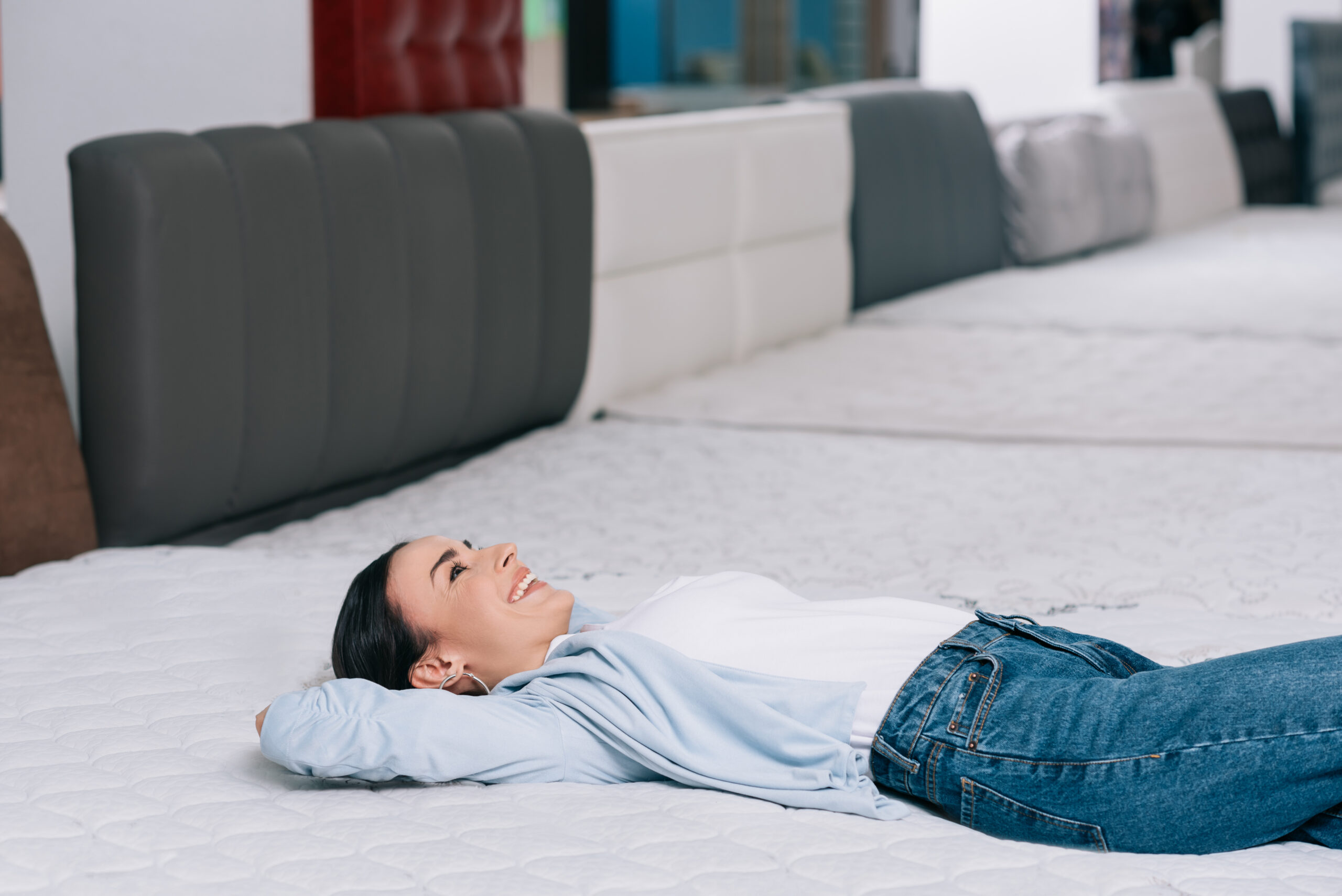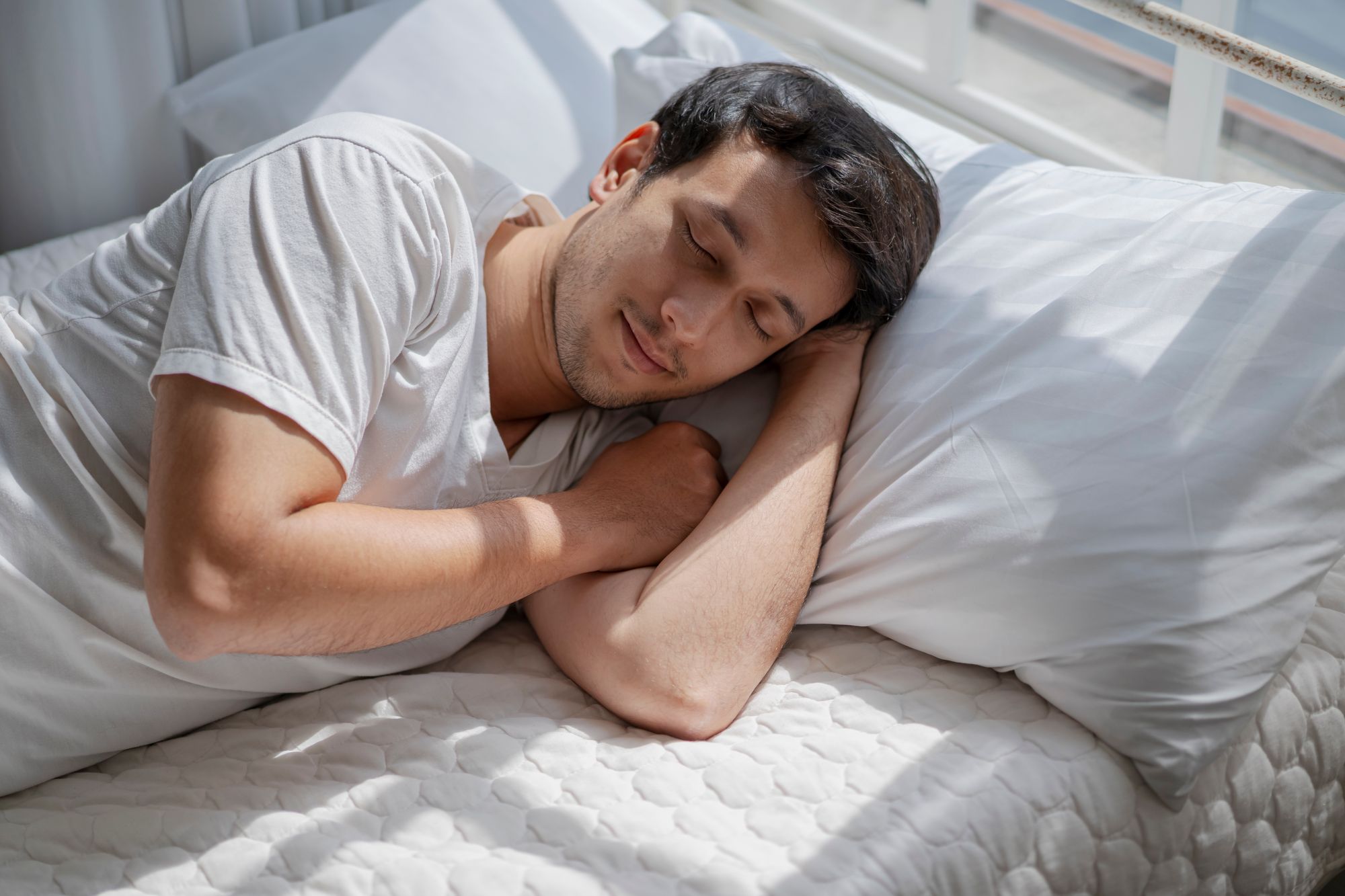Introduction
Best mattress for sleep is the cornerstone of our well-being, rejuvenating both body and mind. A restful night’s slumber is vital for optimal health, mood, and daily performance. At the heart of this lies a crucial element: the perfect mattress. In a market saturated with options, finding the best mattress tailored to your unique needs can seem daunting. This comprehensive guide aims to simplify your quest for the ultimate sleep experience by outlining key considerations, exploring popular types, and offering practical tips for selecting the ideal mattress.

Understanding Your Sleep Needs
Before diving into the world of mattresses, it’s essential to understand your personal sleep preferences and requirements. Consider the following factors:
- Sleep Position: Side sleepers often benefit from softer surfaces that contour to their bodies, while back and stomach sleepers may prefer firmer support to maintain spinal alignment.
- Body Weight: Individuals with a heavier build typically need a mattress with enhanced support to prevent sinking too deeply, whereas lighter individuals may find comfort in softer models.
- Temperature Regulation: If you’re prone to overheating at night, look for mattresses with cooling technologies, like gel-infused foams or breathable materials.
- Allergies: Hypoallergenic materials can significantly reduce allergen buildup, ideal for allergy sufferers.
Mattress Types Demystified
Understanding the primary mattress types available is a fundamental step in your selection process:
- Memory Foam: Renowned for its contouring properties, memory foam molds to your body shape, relieving pressure points. It’s excellent for side sleepers and those seeking motion isolation.
- Latex: Derived from natural rubber, latex mattresses offer a bouncy feel, great responsiveness, and are highly durable. They’re suitable for individuals who value eco-friendliness and want a cooler sleep.
- Innerspring: With a traditional coil system, innerspring mattresses provide solid support and good airflow. Modern versions incorporate pocketed coils for reduced motion transfer.
- Hybrid: Combining the benefits of multiple technologies, hybrids usually feature pocket coils topped with layers of foam or latex, offering the best of both worlds in terms of support and comfort.
- Adjustable Beds: For ultimate customization, adjustable beds allow you to raise the head or foot of the bed, promoting better sleep positions and relief for certain medical conditions.
Key Considerations
- Firmness: Mattresses are rated on a firmness scale, generally from 1 (very soft) to 10 (extra firm). Your ideal firmness level depends on your weight, sleep position, and personal preference.
- Durability: Look for mattresses with a long warranty, indicating manufacturer confidence in their product’s longevity. High-density foams and robust coil systems are signs of durability.
- Trial Periods: Many companies now offer trial periods, allowing you to test the mattress in your home for a specified time before committing fully.
- Budget: Determine your budget upfront and remember that investing in quality sleep is a long-term health investment. Look for value rather than just the lowest price.
Practical Tips for Selection
- Read Reviews: Online reviews from verified buyers can provide valuable insights into real-world experiences with different mattresses.
- Visit Showrooms: If possible, lie on potential mattresses for at least 15 minutes to get a feel for their comfort and support.
- Consider Sleep Trials: Take advantage of sleep trials to ensure the mattress meets your expectations. Make sure to read the return policy thoroughly.
- Measure Up: Measure your bedroom and ensure the new mattress will fit comfortably, including room for opening drawers or doors if applicable.
- Supportive Foundation: Don’t forget the importance of a proper foundation or frame to support your new mattress and potentially extend its lifespan.
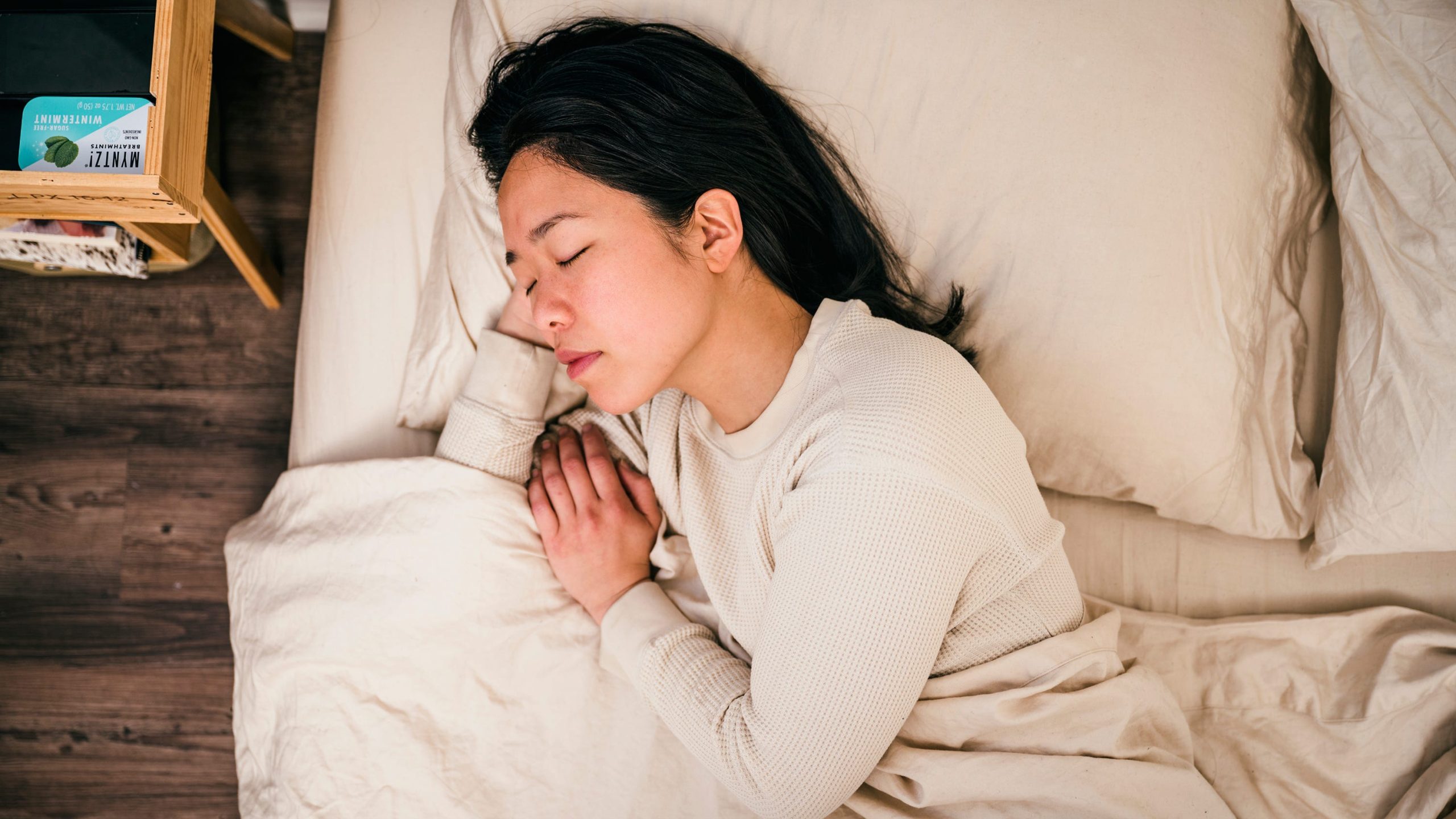
Additional Factors to Enhance Your Sleep Experience
Beyond the core elements of mattress selection, there are additional factors that can significantly enhance the overall quality of your sleep. Incorporating these considerations can turn your bedroom into a sanctuary for deep, restful rest:
Pillow Selection
Just as crucial as the mattress, the right pillow supports your head and neck, maintaining a neutral spine position. Choose a pillow that complements your sleep style and the firmness of your mattress. Memory foam pillows contour to your neck, while down alternatives offer plush comfort, and latex pillows provide firmer support.
Bedding Matters
High-quality sheets and blankets made from breathable materials such as cotton or bamboo can regulate temperature, keeping you comfortable throughout the night. Thread count matters but isn’t everything; aim for a balance between softness and breathability.
Room Environment
Optimize your bedroom environment for sleep by controlling noise, light, and temperature. Use blackout curtains, white noise machines, or earplugs to block out distractions. Keep the room cool, ideally between 60 and 67 degrees Fahrenheit, as cooler temperatures promote better sleep.
Bedroom Electronics
Minimize electronic devices in the bedroom or use blue light filters to reduce exposure to stimulating blue light, which can disrupt your circadian rhythm and make it harder to fall asleep.
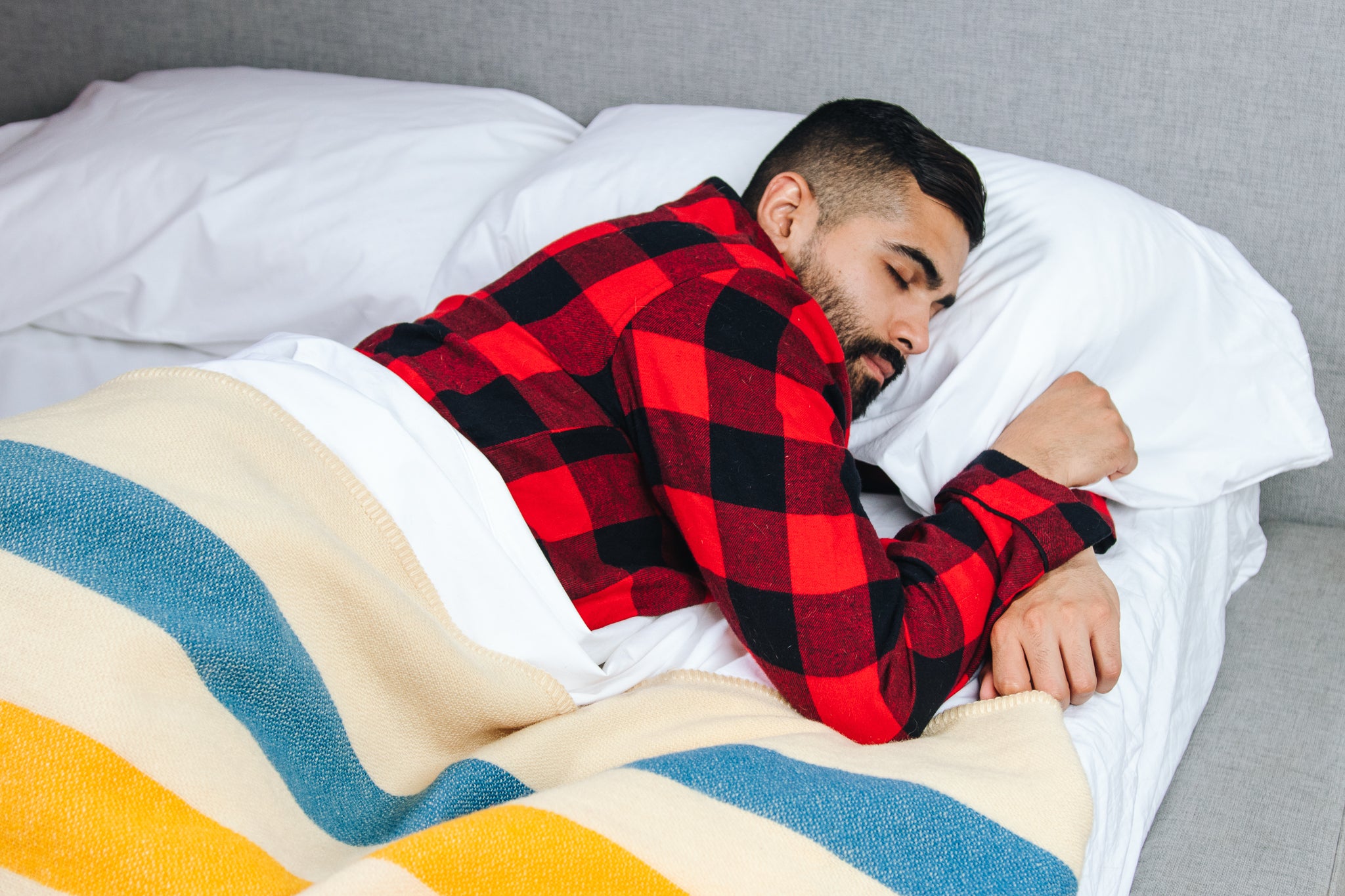
Consistent Sleep Schedule
Establishing a consistent sleep routine helps regulate your body’s internal clock, making it easier to fall asleep and wake up at desired times. Aim for the same bedtime and wake-up time every day, even on weekends.
Relaxa$ion Techniques
Incorporate relaxation practices before bedtime, such as meditation, deep breathing, or reading a book, to calm your mind and prepare your body for sleep.
Regular Exercise
Regular physical activity improves sleep quality, but timing is key. Avoid intense workouts close to bedtime, as they can energize you instead of relaxing you.
Mindful Eating & Hydration
Be mindful of what and when you eat and drink. Heavy meals, caffeine, and alcohol close to bedtime can disrupt sleep. Stay hydrated but limit fluids a few hours before sleep to minimize nighttime awakenings.
By thoughtfully addressing these additional aspects alongside your mattress choice, you create an environment conducive to the deepest, most restorative sleep possible. Remember, the path to optimal sleep health is multifaceted, involving not only the perfect mattress but also a holistic approach . With these strategies in place, you’re poised to embark on a journey toward a more rejuvenated, energetic, and fulfilling life, all starting with a great night’s sleep.
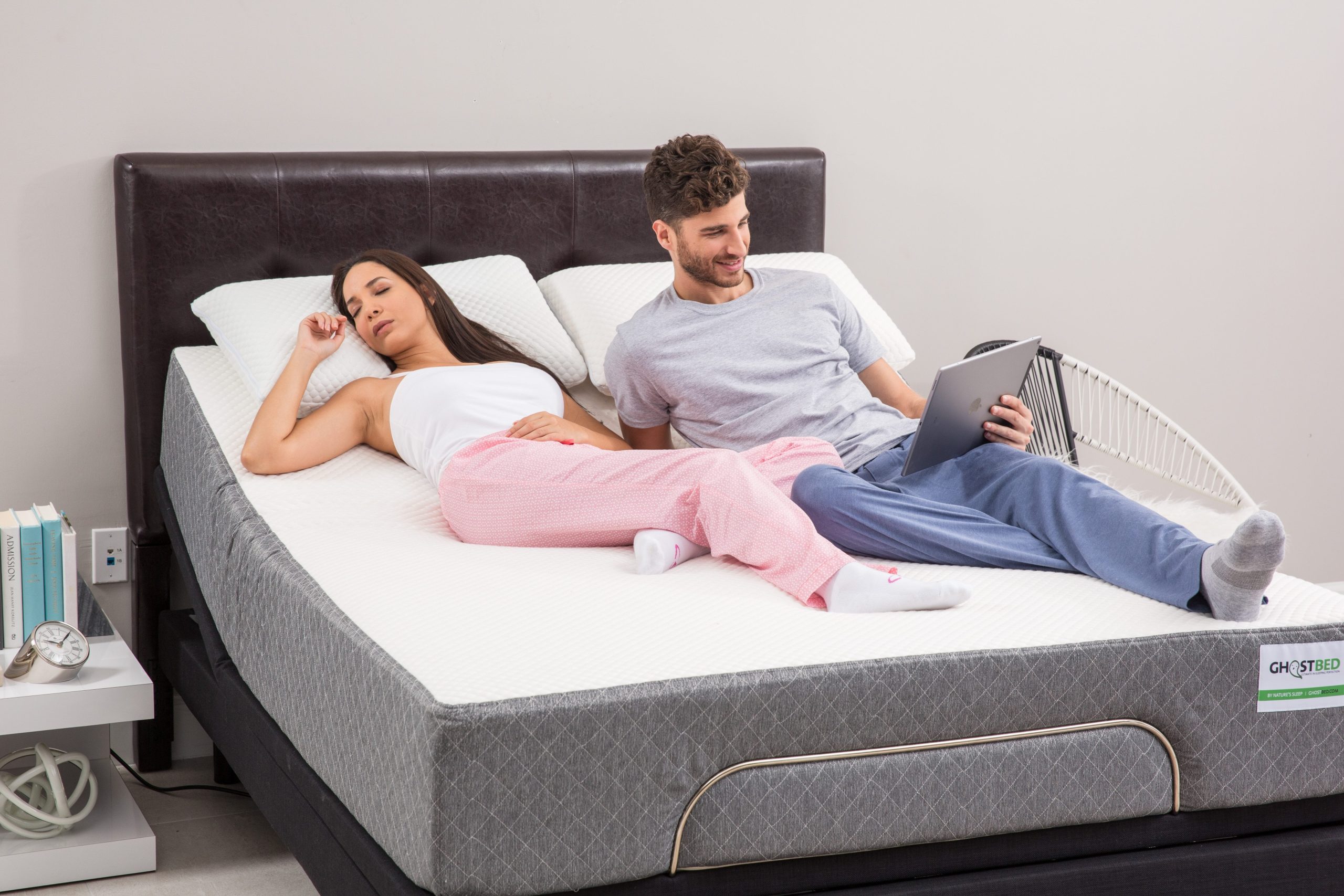
In conclusion
The journey to the ultimate sleep experience begins with a well-informed decision about your mattress. By carefully considering your individual needs, understanding the variety of mattress types, and leveraging practical tips for selection, you can unlock the door to restorative sleep and a healthier, happier life. Remember, the best mattress is one that aligns with your unique sleep profile, ensuring feeling refreshed and ready to seize the day.
